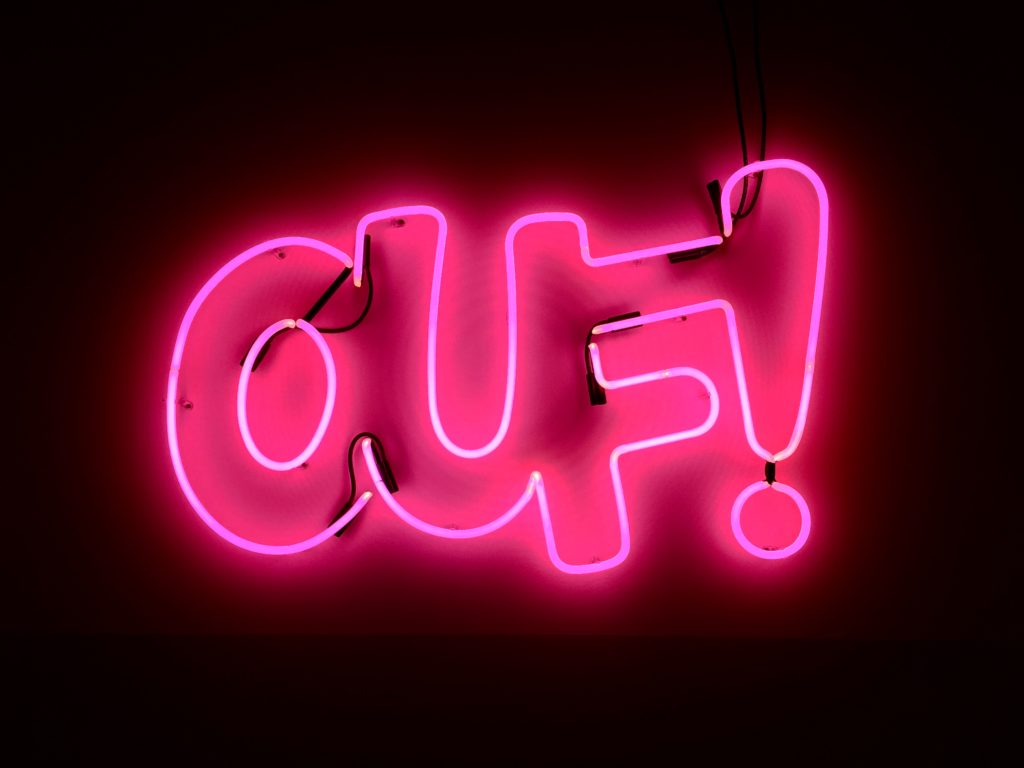Lifestyle July 29, 2019
Your personal savings could be at risk...


Here is the reality ladies, you are paying 7% more for your personal care products than what men pay. WHY? Because you are a woman. The pink tax is real and you need to get informed ASAP. The gender pay gap isn’t the only thing after your wallet, it seems the government is too.

On average, a woman pays $1,351 simply for being a female consumer. Discrimination has never felt so raw with the pink tax eating up most of your salary. The pink tax stems from gender-based price discrimination ideals that dictate that if a product is pink in color, it caters to female consumers exclusively, and therefore will be priced differently. With the pay gap already attacking our income levels, this problem showcases a persistent problem in modern societies that adheres to gender normativity. This marketing tactic attacks women and imposes restrictions on their success. So if you’re trying to save up for that dream vacation, better think twice about those sanitary purchases you’re making every month.
What does this mean for the mom struggling to “earn her bread” each day? How about the hard-working assistant who is trying to save up? Or even the lady that sits next to you on the subway each morning? The answer is that they are paying more for sanitary products. This occurs because products geared towards women are bright pink; the gender suggestive color allows them to increase the price tags of such products. If you buy a pink razor vs. another colored razor, you will be paying a little more for the pink razor just because it’s pink. If that’s not gender-normative, tell me what is.
However, there’s some good news and some bad news. According to NPR, if you live in the state of Minnesota, Illinois, Pennsylvania, New York, Massachusetts, Maryland, New Jersey, Connecticut or Florida, you are exempt from paying the pink tax (you might wanna double-check your receipts for that one). But if you’re anywhere else, you fall victim to this price discrimination practice that is meant to hold back women across the nation.


Businesses are starting up initiatives to combat this issue by raising awareness with publicity campaigns and slashing the prices of female necessities. The more people who are made aware of this issue and begin to disengage from buying habits that discriminate against women, the sooner we can create changes to dispel these tax laws. Work with your congress representative and present them with your concerns about the issue in an attempt to change pink tax laws for more states.
Invest in brands such as Billie, who sell toiletries for women at prices we can all afford. Don’t let such ploys hold you back from that dream vacation, we all deserve it because we all know that women are just as hard-working as men and it’s about time we get the recognition we deserve.
Why should you pay more for the things we can’t control? YOU SHOULDN’T. find out how much the pink tax has already cost you here.